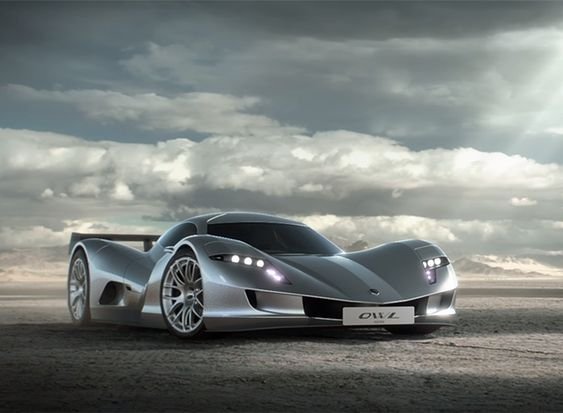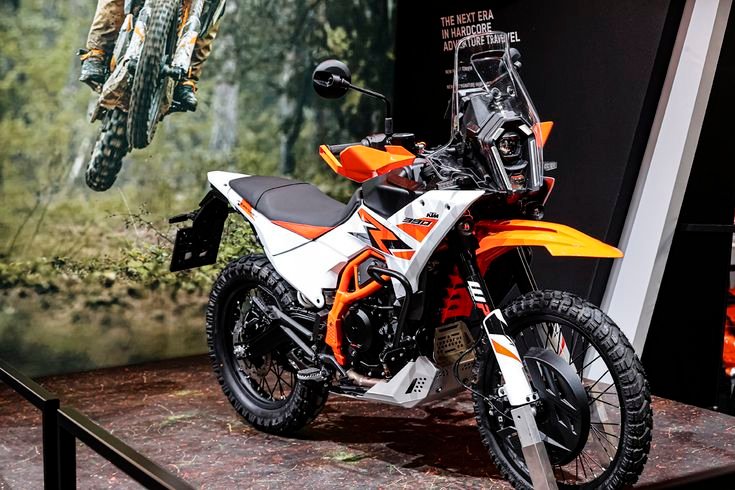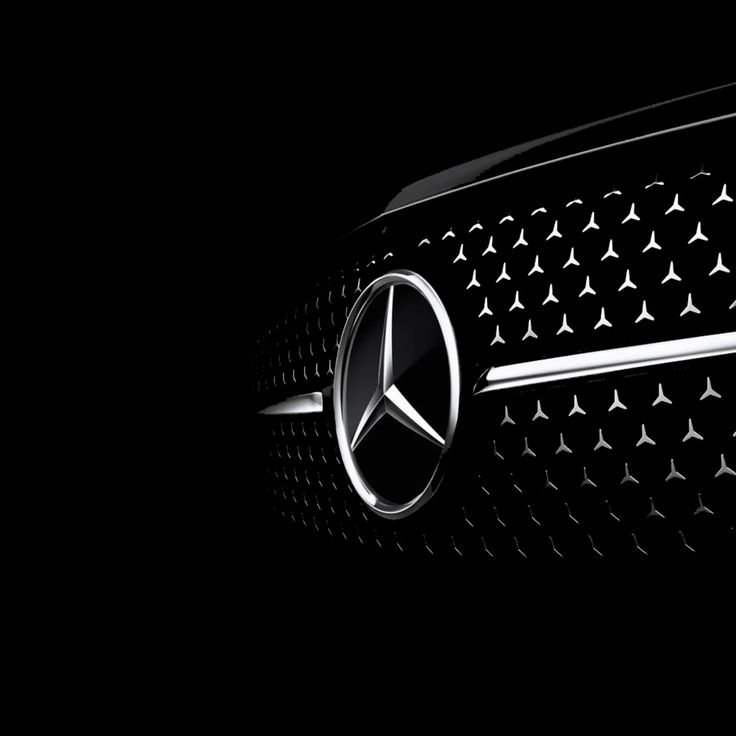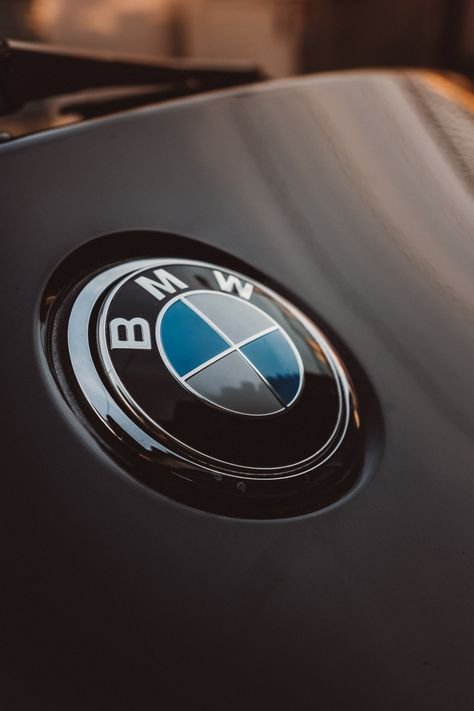
The electric vehicle (EV) market, once a niche dominated by a few pioneers, is now the battleground for some of the world’s most ambitious automotive startups and established car manufacturers. Amidst this intense competition, one company stands out with a bold vision to challenge Tesla’s dominance in the EV landscape—Rivian. Founded in 2009 by RJ Scaringe, Rivian has quickly emerged as a key player in the EV market, gaining attention for its innovative designs, focus on sustainability, and significant financial backing from industry giants like Amazon and Ford.
This article explores how Rivian aims to challenge Tesla in the EV market by examining its strategic approach, product offerings, technological innovations, market positioning, and growth plans.
Rivian’s Strategic Approach: A Differentiated Vision
Unlike many other EV startups, Rivian has adopted a unique strategy to differentiate itself in the crowded EV market. While Tesla initially targeted the luxury sedan and sports car market with its Model S and Model 3, Rivian has chosen a different path, focusing primarily on electric trucks and SUVs. This strategic differentiation has several key components:
1. Targeting the Adventure and Outdoors Market
Rivian has positioned itself as a brand for adventure seekers and outdoor enthusiasts, catering to a specific demographic that values rugged, off-road capabilities, durability, and versatility. The company’s first two models, the R1T pickup truck and the R1S SUV, are designed to appeal to this market. Both vehicles offer impressive off-road performance, long-range capabilities, and innovative features such as the “Gear Tunnel,” a storage compartment that runs across the width of the vehicle, and a removable kitchen set for camping.
By targeting the adventure market, Rivian aims to carve out a niche that has been largely untouched by other EV manufacturers, including Tesla. This focus on lifestyle and functionality rather than just performance and speed gives Rivian a unique brand identity in the EV market.
2. Focus on Premium Electric Trucks and SUVs
While Tesla has become synonymous with electric sedans and crossovers, Rivian has set its sights on the high-margin electric truck and SUV segment. The company’s flagship models, the R1T and R1S, are positioned as premium electric vehicles designed for both urban and off-road use. By focusing on trucks and SUVs, which are among the best-selling vehicles in the U.S. market, Rivian is tapping into a lucrative segment with strong consumer demand.
Moreover, trucks and SUVs typically command higher profit margins than sedans, providing Rivian with a potential financial edge. The company is betting that the growing interest in electric vehicles, combined with the enduring popularity of trucks and SUVs, will create a significant market opportunity.
3. Strong Commitment to Sustainability
Rivian is deeply committed to sustainability, positioning itself as a company that goes beyond producing zero-emission vehicles. The company has set ambitious environmental goals, including plans to achieve carbon neutrality by 2028. Rivian’s vehicles are designed with sustainability in mind, using eco-friendly materials, renewable energy for manufacturing, and a comprehensive recycling program.
Additionally, Rivian has created a network of adventure-focused charging stations, many of which are powered by renewable energy sources. This network, known as the Rivian Adventure Network, aims to provide reliable charging options in remote and off-grid locations, aligning with the company’s target market of adventure enthusiasts.
Product Offerings: Rivian’s Competitive Edge
To challenge Tesla effectively, Rivian has developed a lineup of innovative vehicles that cater to a different segment of the market. The company’s focus on electric trucks and SUVs, combined with unique design elements and cutting-edge technology, gives it a competitive edge.
1. Rivian R1T: The Electric Pickup Truck
The Rivian R1T, launched in late 2021, is Rivian’s flagship product and represents the company’s ambitious entry into the electric truck market. The R1T offers several features that set it apart from other electric and traditional gasoline-powered trucks:
- Impressive Performance: The R1T comes with four electric motors, one for each wheel, providing all-wheel drive and a combined output of up to 835 horsepower. This configuration enables the R1T to accelerate from 0 to 60 mph in just 3 seconds, comparable to some high-performance sports cars.
- Long Range and Fast Charging: The R1T offers multiple battery options, with the top variant providing a range of over 400 miles on a single charge. The vehicle is also compatible with fast charging, allowing it to add up to 140 miles of range in just 20 minutes.
- Advanced Off-Road Capabilities: With adjustable air suspension, a wading depth of over 3 feet, and various drive modes for different terrains, the R1T is designed to handle tough off-road conditions, making it a strong contender for outdoor enthusiasts.
- Unique Features: The R1T features innovative elements like the Gear Tunnel, a storage compartment that runs through the truck’s body, and a built-in camping kitchen that slides out of the Gear Tunnel, providing a unique selling point for adventurers.
2. Rivian R1S: The Electric Adventure SUV
The Rivian R1S, the company’s all-electric SUV, shares many of the same components and design elements as the R1T but is geared towards families and individuals looking for a versatile, spacious vehicle with off-road capabilities.
- Luxury and Comfort: The R1S offers a luxurious interior with seating for up to seven passengers, high-quality materials, and advanced infotainment and driver-assistance systems.
- Robust Off-Road Performance: Like the R1T, the R1S is built for adventure, featuring all-wheel drive, adjustable air suspension, and multiple drive modes for tackling various terrains.
- Sustainable Design: The R1S uses eco-friendly materials, such as vegan leather and recycled fabrics, reflecting Rivian’s commitment to sustainability.
By focusing on electric trucks and SUVs with unique features and robust performance capabilities, Rivian has created a product lineup that appeals to a distinct segment of the market, setting it apart from Tesla’s offerings.
Technological Innovations: Rivian’s Edge in the EV Market
Rivian’s challenge to Tesla goes beyond its unique product lineup. The company is also investing heavily in technological innovations that could give it a competitive edge in the EV market.
1. Proprietary Skateboard Platform
Rivian has developed a proprietary “skateboard” platform, a flat, modular architecture that houses the vehicle’s battery pack, electric motors, suspension, and braking systems. This platform is versatile and scalable, allowing it to be used across different vehicle models, including the R1T, R1S, and future products.
The skateboard design provides several advantages:
- Flexibility and Cost Efficiency: The modular nature of the skateboard platform enables Rivian to design multiple vehicle types using the same underlying technology, reducing production costs and increasing efficiency.
- Enhanced Safety and Performance: By integrating the battery pack into the vehicle’s chassis, Rivian’s skateboard platform lowers the center of gravity, improving stability and handling. The design also enhances crash protection, as the platform can absorb and dissipate impact forces more effectively.
2. Advanced Driver Assistance Systems (ADAS) and Autonomous Driving
Rivian is developing advanced driver assistance systems (ADAS) that offer semi-autonomous driving capabilities. The company’s system, known as Rivian Driver+, includes features like adaptive cruise control, lane-keeping assist, automatic emergency braking, and hands-free driving on certain highways.
While Tesla has led the charge with its Autopilot and Full Self-Driving (FSD) features, Rivian aims to compete by offering a robust, reliable, and safe autonomous driving experience tailored to its customers’ needs. The company’s focus on safety, combined with its commitment to continuous software updates and improvements, positions it well to challenge Tesla’s dominance in this area.
3. Battery Innovation and Production
Battery technology is at the heart of any EV manufacturer’s success, and Rivian is no exception. The company is investing heavily in battery innovation, seeking to improve energy density, reduce costs, and extend range.
- In-House Battery Production: Rivian is building its battery production capabilities to reduce reliance on third-party suppliers, lower costs, and secure its supply chain. The company has announced plans to construct a new battery manufacturing facility in Georgia, which will enable it to scale production and meet growing demand.
- Focus on Recycling and Sustainability: Rivian is also committed to developing sustainable battery solutions. The company is working on battery recycling technologies to recover valuable materials like lithium, cobalt, and nickel, reducing the environmental impact of battery production and disposal.
Market Positioning and Growth Strategy
Rivian’s market positioning and growth strategy are critical to its plan to challenge Tesla’s dominance in the EV market. The company has adopted a multifaceted approach that includes strategic partnerships, direct-to-consumer sales, and global expansion.
1. Strategic Partnerships with Industry Giants
Rivian has secured significant backing from industry giants such as Amazon and Ford, which has provided both financial support and strategic benefits.
- Amazon Partnership: Amazon has invested over $1.3 billion in Rivian and has committed to purchasing 100,000 electric delivery vans from the company as part of its efforts to reduce carbon emissions. This partnership not only provides Rivian with a substantial order but also enhances its credibility and visibility in the market.
- Ford Investment: Ford has invested $500 million in Rivian and has explored collaborating on developing new electric vehicles using Rivian’s skateboard platform. While Ford’s recent focus has shifted to its own EV lineup, the partnership still brings valuable industry expertise and resources to Rivian.
2. Direct-to-Consumer Sales Model
Like Tesla, Rivian has adopted a direct-to-consumer sales model, bypassing traditional dealerships. This approach allows Rivian to maintain control over the customer experience, build stronger relationships with buyers, and capture a larger share of the profits.
Rivian has opened showrooms, called “Rivian Spaces,” in major cities to allow potential customers to interact with its vehicles and brand. The company also offers test drives, virtual tours, and an online configurator that enables customers to customize and order their vehicles directly from the website.
3. Global Expansion Plans
Rivian’s growth strategy includes expanding its presence beyond the U.S. market. The company has plans to enter key international markets, such as Europe and China, which have shown strong demand for electric vehicles.
Rivian’s European expansion is expected to begin in 2024, focusing initially on countries with high EV adoption rates, such as Norway, Germany, and the Netherlands. The company is also exploring opportunities in China, the world’s largest EV market, where it will face stiff competition from local players like NIO, Xpeng, and BYD.
Financial Backing and IPO: Fueling Growth
Rivian’s ability to challenge Tesla is also fueled by its strong financial backing and successful initial public offering (IPO). In November 2021, Rivian went public on the NASDAQ, raising $11.9 billion in one of the largest IPOs in U.S. history. This capital infusion has provided Rivian with the resources needed to scale production, invest in research and development, and expand its market presence.
The company’s IPO has also bolstered investor confidence, positioning Rivian as one of the most promising challengers to Tesla in the EV market.
Challenges and Obstacles: Rivian’s Path Forward
While Rivian’s ambitions are bold, the company faces several challenges as it seeks to challenge Tesla’s dominance:
1. Production and Supply Chain Constraints
Like many automakers, Rivian has struggled with production delays and supply chain disruptions, particularly in securing critical components like semiconductors and batteries. The company must scale its manufacturing capabilities and secure a reliable supply chain to meet growing demand and avoid delays that could impact its reputation.
2. Competition from Established and Emerging Players
The EV market is becoming increasingly crowded, with both established automakers (e.g., Ford, General Motors, Volkswagen) and emerging startups (e.g., Lucid Motors, Fisker) vying for market share. Rivian must differentiate itself through innovation, brand positioning, and customer experience to stand out in this competitive landscape.
3. Maintaining Quality and Reliability
As Rivian scales production, it must maintain high standards of quality and reliability. Any significant issues with vehicle quality, performance, or safety could undermine consumer confidence and hinder the company’s growth prospects.
Conclusion: Can Rivian Challenge Tesla?
Rivian has positioned itself as a serious contender in the EV market with its focus on electric trucks and SUVs, strong commitment to sustainability, innovative technology, and strategic partnerships. The company’s unique product offerings, such as the R1T and R1S, cater to a specific segment of the market that Tesla has yet to fully tap, giving Rivian a potential competitive edge.
However, challenging Tesla is no easy feat. Rivian must overcome significant obstacles, including production challenges, intense competition, and the need to build a strong brand presence globally. Nevertheless, with its strategic vision, technological innovations, and robust financial backing, Rivian is well-positioned to carve out its niche in the EV market and pose a credible challenge to Tesla’s dominance.
The future of Rivian and its battle with Tesla will depend on its ability to execute its growth strategy effectively, maintain high standards of quality and innovation, and continue to resonate with a growing base of EV consumers who seek both performance and sustainability. As the EV market continues to evolve, Rivian’s journey will be one to watch closely.
ALSO READ: Mercedes-Benz India Backs Government’s Electric Vehicle Push







